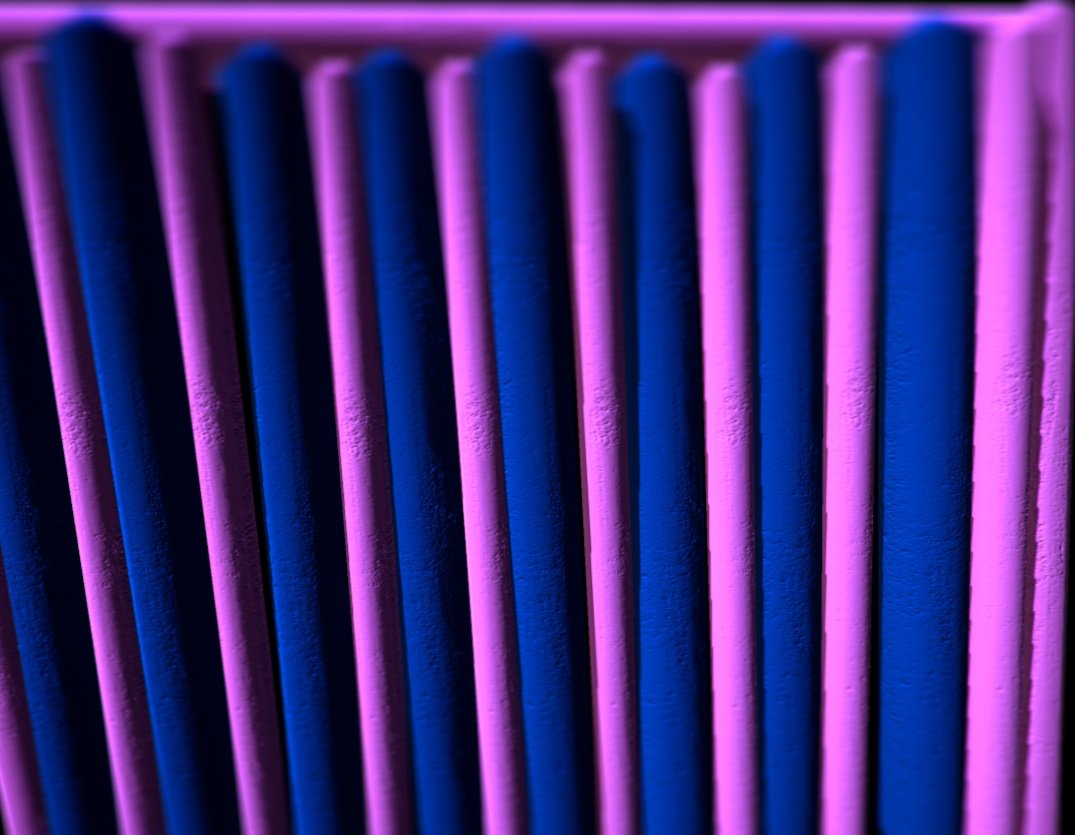
Guacuco
Up until ESCAPISM, Sol Martínez-Solé didn’t like to think much about himself. He considered art to be a way to create experiences for others, instead of a tool for self-reflection. Even in his most intimate art, he rarely talked about his life. Art was a commercial endeavor, not a way to share your experiences.
This was caused by struggling with the trauma of growing up queer in a conservative hometown, as well as his place as latine in the wider world. The feelings of isolation made him incapable of creating any self-expressive art, and instead only made art to please others, while obsessively holding on to this traumatic block.
Guacuco was born as a way to counter that block. It became art as therapy, where he could finally look at the pain, and examine it through a microscopic lens to figure out the origins of the pain, and how the repercussions bled out into the rest of his life. It’s his own little spell to allow himself to move on, and focus on growing instead of hurting. Finally, it is the first conversation between an artist and his trauma.
Here, Sol responds to his own bad memories, where he’s back in Venezuela, stuck with anxiety and his former community. Rather than continuing to see his home country in a negative light, Sol revisits his nightmares and turns them into a navigable experience.
Guacuco takes place on a dream-like beach. On the beach, the player may interact with shells containing memories. After reliving a memory, the player may throw each shell containing the memory into the ocean, until no more remain. The shells are inspired by a memory Sol cherishes, of visiting a beach at dusk to return seashells his grandmother kept back to the sea. Curiously, a waterlogged money bill floated towards him when he was done. He wanted to recreate this moment of magical realism into a game, and have some form of catharsis.
This serves as an inversion of the ESCAPISM theme: rather than continuing to evade himself, he’s staring at the root of the trauma. But at the same time it’s a form of escapism, as it eases the process of revisiting painful memories, and rewards himself (and by extension, the player) by transforming the beach into a more welcoming place as the memories are let go one by one.
Sol deals not just with trauma, but also self-doubt and toxicity related to working in the video game industry. Making a game that involves his own reality goes against principles he internalized as a commercial developer. Regardless of industry standards, this game is a personal success. Somewhere along the way, the nightmares stopped, and were replaced by pleasant dreams of friends, family, and home. The healing effect spread through his art, too. The capitalistic expectations are not plaguing him every time he does 3D now. There’s still things to deal with, but the fears and anxieties depicted here vanished along with the seashells.
Artist: Sol Martínez-Solé
Lead programmer : Jeremy Diamond
Music : avyary
Testing: Javier Calderón
Production: Daniel del Río
In case game does not load, please go to play it here: https://mnsoleart.itch.io/guacuco
